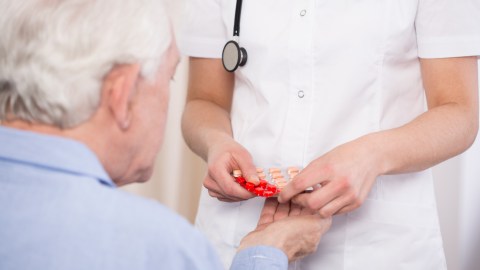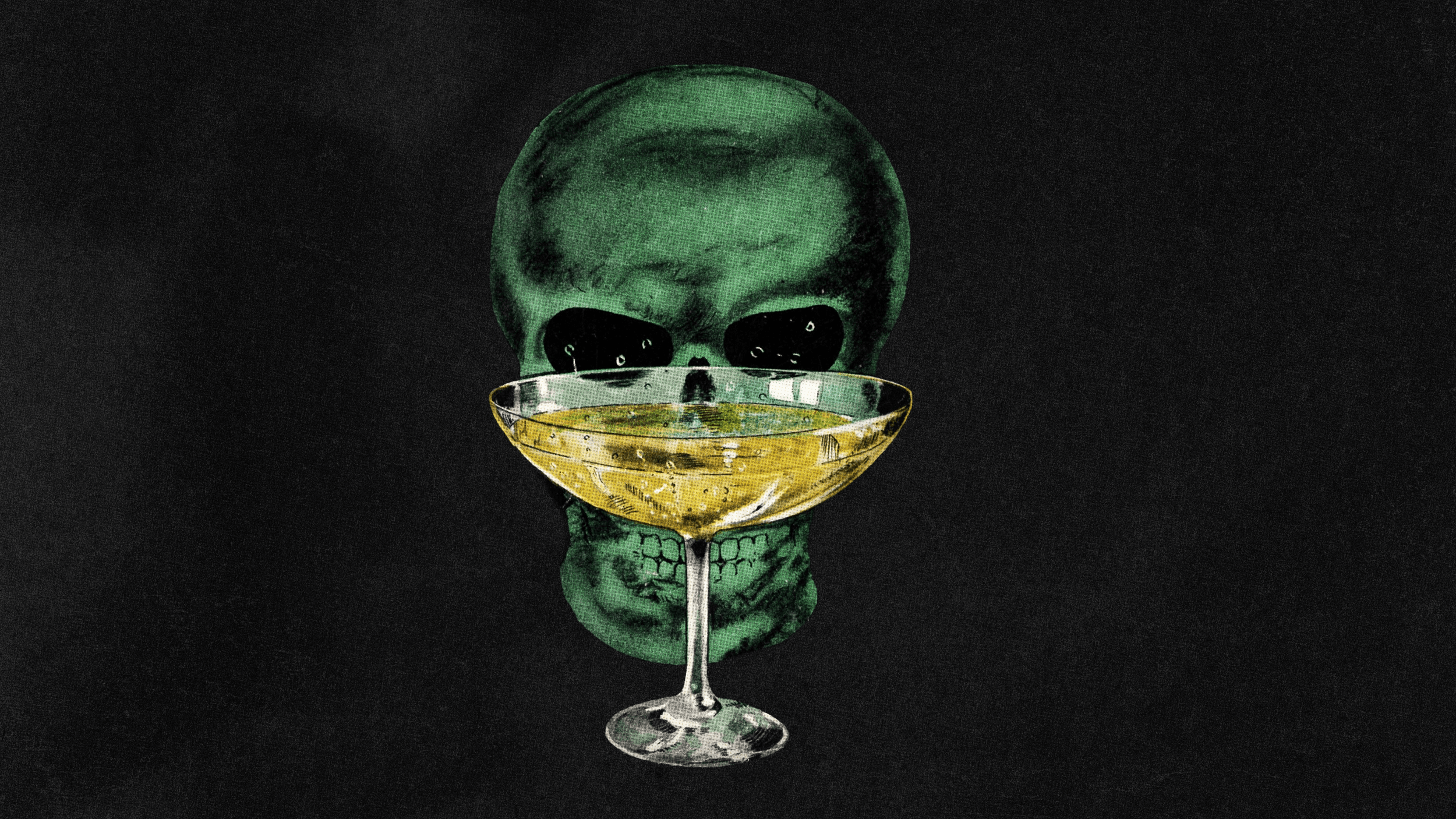Placebos Relieve Pain, Even When Patients Know the Treatment isn’t Real

The placebo effect has been well-documented. Studies have explored how a pain pill that has nothing but sugar in it can change our perceptions of pain; even the words we use to describe foods can change our perceptions of taste. However, researchers from the University of Colorado at Boulder have taken on an experiment testing whether a placebo can still be effective even after informing patients that it’s a placebo.
Scott Schafer is a graduate student who works in the university’s Department of Psychology and Neuroscience. He found in his recent study that a placebo can still be an effective treatment for pain, even when the patients find out that the pill they’re taking has no medical value. However, there is a catch: The patients in the study needed ample time in order to become conditioned to the placebo’s effects before being informed that the medication they were taking was a placebo.
In the case of this study, the researchers applied a heat of 117.5 degrees Fahrenheit to participants forearms. The researchers then applied what was made to seem like analgesic gel to the affected skin — it was really just Vaseline with blue food coloring. To make the effect seem real, they turned down the heating element to medium.
“They believed the treatment was effective in relieving pain,” Schafer said. “After this process, they had acquired the placebo effect. We tested them with and without the treatment on medium intensity. They reported less pain with the placebo.”
Participants that were told after four treatment sessions that they had been applying Vaseline this whole time continued to reap the benefits of the placebo effect, reporting that their pain was eased. However, those patients that were told after the first treatment session did not feel the same.
Schafer explained in a press release:
“We’re still learning a lot about the critical ingredients of placebo effects. What we think now is that they require both belief in the power of the treatment and experiences that are consistent with those beliefs. Those experiences make the brain learn to respond to the treatment as a real event. After the learning has occurred, your brain can still respond to the placebo even if you no longer believe in it.”
In his Big Think interview, behavioral economist Dan Ariely tackles the moral dilemma of administering placebos in medicine.





